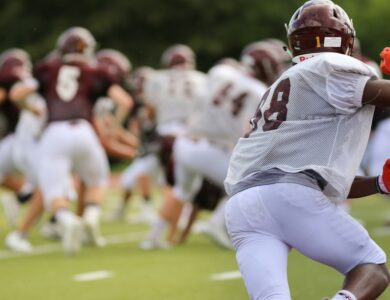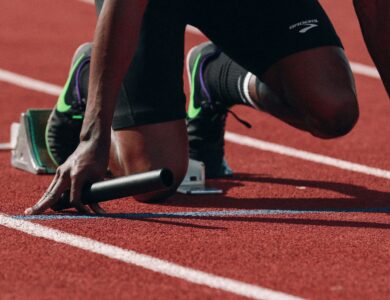
Hydration in Sports is a crucial element for athletes and fitness enthusiasts. Proper hydration plays a significant role in performance, recovery, and overall health. In this article, we’ll explore why staying hydrated is essential in sports, offer practical tips, and discuss best practices to ensure you’re always at your peak.
1. Why Hydration is Essential
Hydration in Sports is more than just drinking water; it’s about maintaining the right balance of fluids and electrolytes to support your body’s functions. When you engage in physical activities, your body loses water through sweat. This loss can lead to dehydration if not properly managed, impacting your performance and health.
Dehydration can cause a decline in physical performance, cognitive function, and can increase the risk of heat-related illnesses. For athletes, even a small percentage of dehydration can lead to significant declines in endurance, strength, and power. Moreover, dehydration can impair your body’s ability to regulate temperature, leading to heat exhaustion or heat stroke.
Maintaining proper hydration ensures that your muscles receive adequate blood flow, oxygen, and nutrients. It also helps in the efficient removal of metabolic waste products. Thus, staying hydrated is key to achieving optimal performance and recovery in sports.
2. Recognizing Dehydration
Understanding the signs of dehydration is vital for any athlete. Common symptoms include dry mouth, fatigue, dizziness, dark urine, and decreased performance. More severe symptoms can include confusion, rapid heartbeat, and even fainting.
One of the simplest ways to monitor your hydration status is by checking the color of your urine. Light yellow usually indicates proper hydration, while dark yellow or amber can be a sign of dehydration. It’s also important to weigh yourself before and after exercise. A loss of more than 2% of your body weight during a workout suggests that you need to increase your fluid intake.
Listening to your body and recognizing these signs early can prevent the adverse effects of dehydration and help maintain performance levels.
3. Tips for Staying Hydrated
To ensure Hydration in Sports, here are some practical tips:
- Drink Regularly: Don’t wait until you’re thirsty to drink. Thirst is a late indicator of dehydration. Aim to drink small amounts of water consistently throughout the day.
- Choose the Right Fluids: Water is essential, but during prolonged or intense exercise, sports drinks containing electrolytes can be beneficial. They help replenish sodium, potassium, and other minerals lost through sweat.
- Monitor Fluid Intake: Keep track of how much you’re drinking, especially on training and competition days. Having a hydration plan tailored to your specific needs can be very effective.
- Pre-Hydrate: Drink about 500ml of water two hours before exercise. This allows time for any excess to be eliminated by your body and ensures you start your workout well-hydrated.
- Hydrate During Exercise: For exercises lasting more than an hour, drink 200-300ml of water every 15-20 minutes. For shorter sessions, sips of water at regular intervals should suffice.
- Post-Exercise Hydration: After exercise, replenish lost fluids by drinking about 1.5 liters of water for every kilogram of body weight lost. This helps to ensure complete rehydration.
4. Best Practices for Hydration
Adopting best practices for Hydration in Sports can enhance your performance and recovery:
- Create a Hydration Schedule: Plan your fluid intake around your training sessions. Consistency is key to maintaining optimal hydration levels.
- Use Hydration Tools: Utilize apps and wearable technology to remind you to drink water and track your hydration status. These tools can provide valuable insights into your hydration habits and needs.
- Understand Your Sweat Rate: Everyone sweats differently, and knowing your sweat rate can help you tailor your hydration strategy. Weigh yourself before and after exercise to estimate fluid loss and adjust your intake accordingly.
- Pay Attention to Weather Conditions: Heat and humidity increase fluid loss. Adjust your hydration plan based on the environment you’re training or competing in.
- Educate Yourself: Understanding the science behind Hydration in Sports can empower you to make informed decisions. Read up on current research and guidelines to stay updated.
Conclusion
Hydration in Sports is fundamental to athletic success and overall well-being. Proper hydration enhances performance, prevents injuries, and promotes recovery. By recognizing the signs of dehydration, following practical hydration tips, and implementing best practices, athletes can ensure they maintain optimal fluid balance.
Remember, staying hydrated is not just about drinking water; it’s about adopting a comprehensive approach to fluid management. Make hydration a priority in your training and competition routines to achieve your best performance.




